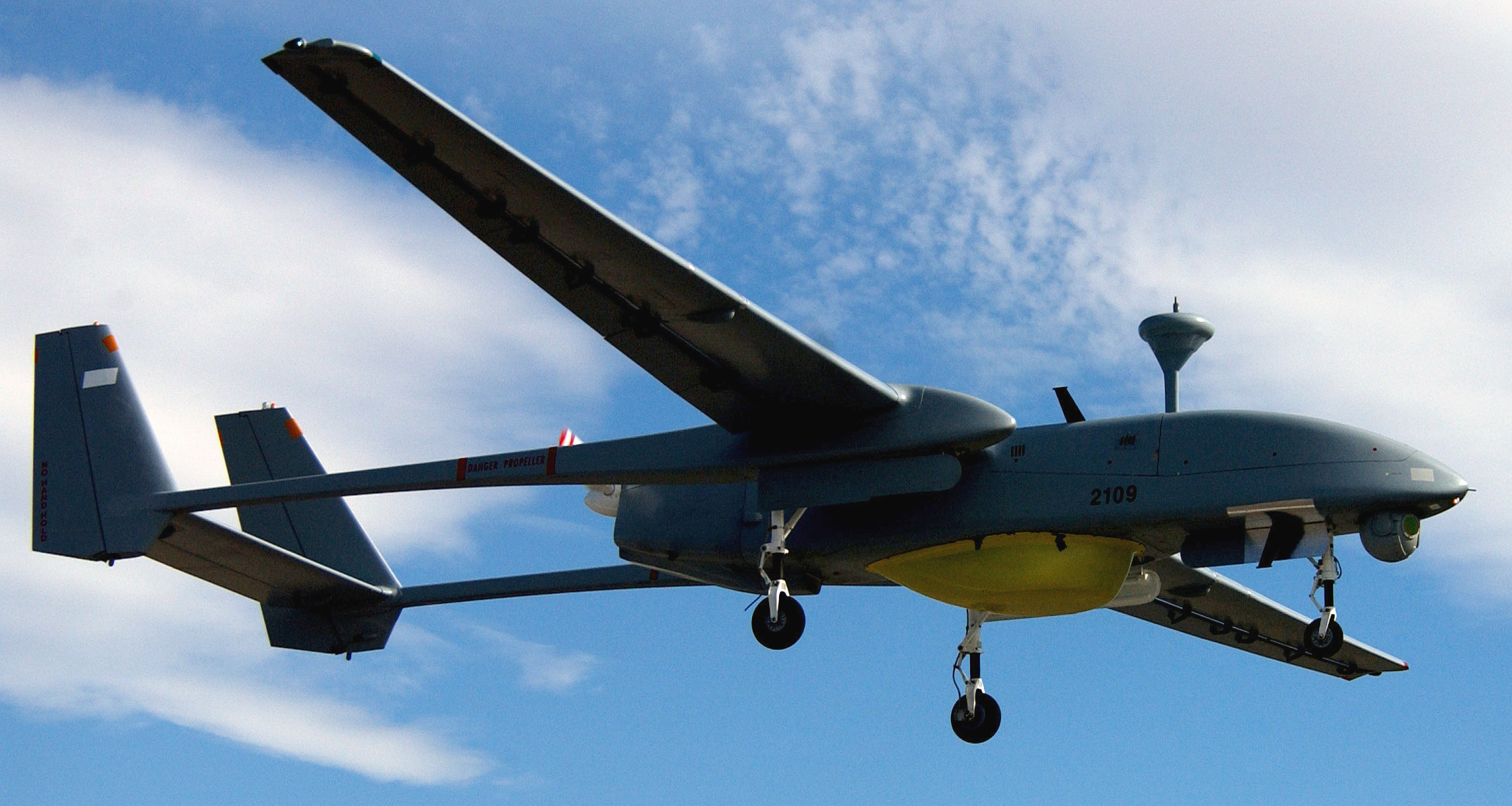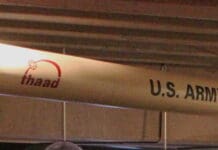This post is also available in:
 עברית (Hebrew)
עברית (Hebrew)
By ARIE EGOZI
Unmanned aerial vehicles (UAVs) have become a very important item in the defense shopping lists of countries around the world.
The number of UAVs that have been transferred between countries has reached an all-time peak, according to data collected by organizations that are following the world arms trade.
Between 2010 and 2016, there were more than 550 UAV deals compared to 322 in the five years previous to that.
The statistics show that Israel was the largest exporter of UAVs. Between 2010 and 2016, it delivered 180 units across the globe. The US came second with 150, followed by Italy’s 43.
Since 1985, Israel has accounted for the majority (60.7%) of UAV exports worldwide. Despite China’s move into armed UAV exports, it only supplied 0.9% of total exports during this last couple of decades.
Can Israel keep its position as a top UAV exporter?
Well, this has become more complicated from month to month, due to factors that some can be controlled by Israel while others are not in the country’s influence “footprint”.
Two years ago, the Israeli Ministry of Defense has withdrawn the export permits to Poland held by the two major Israeli UAV manufacturers – Israel Aerospace Industries (IAI) and Elbit Systems.
The decision was taken after a fight between the two Israeli companies that resulted in the resignation of then Poland’s Deputy Minister of Defense.
There is no vacuum in the weapons market, and international manufacturers teamed with local Polish companies and bid for UAV contracts. This was one example of the problems Israel faces in its attempt to keep its top place in the exporting countries list.
Another example – In 2016, the Israeli Foreign Ministry blocked the sale of UAVs to Ukraine, in order to avoid any negative effect on the Russian-Israeli relations. Since the armed conflict between Russia and the Ukraine has started and intensified, the Ukraine has expressed its urgent need for some types of Israeli-made UAVs. Negotiations began with some Israeli manufacturers and at least one has reached a very advanced stage. However, the Foreign Ministry blocked the deal as result of Israel’s effort not to provoke Moscow.
In recent years, Israel has asked Moscow, again and again, to avoid selling weapon systems, mainly advanced surface-air missiles to Iran and Syria.
The situation has completely changed following the so-called “Iran nuclear” agreement and the war in Syria. Moscow is now supplying Iran with arms of all types and Syria, or what has been left of this country, is flooded with Russian weapon systems operated by Russians with Syrian personnel “in the area”.
These two examples and there are many more show that the number of Israeli-made UAVs exported to foreign countries does not depend only on their quality and price.
And while in most of the competing countries the governments help the local industries to market their products, Israeli politicians refrain from doing so, even when it is clear that the decision will be made based on political reasons and not on the quality or the price of the system.
But something else is lacking – Israel as a state has not made any move to fortify the status of the local UAV industry. This lack of macro thinking will have a very bad effect in the future.
U.S companies are now competing on tenders that previously were considered “marginal” money wise. “Now we find American companies in almost every competition,” a source in the Ministry of Defense said.
While this is the situation in Israel, the US has been taking actual steps to keep its UAV industry in a good place, in spite of the growing competition.
A recent example – at the beginning of June, the German high court ruled that the agreement to sell IAI’s Heron TP UAV to Germany would be approved. This was the end of a court process that started when General Atomics, the U.S company that offered the MQ-9 Reaper UAV to the Germans, appealed to the German Ministry of Defense decision to select the Israeli-made system. The issue was brought to the judicial system and last week a final ruling was made.
The situation will get more complicated and Israel should be ready to help its industry.

i-HLS Editor-in-Chief


























